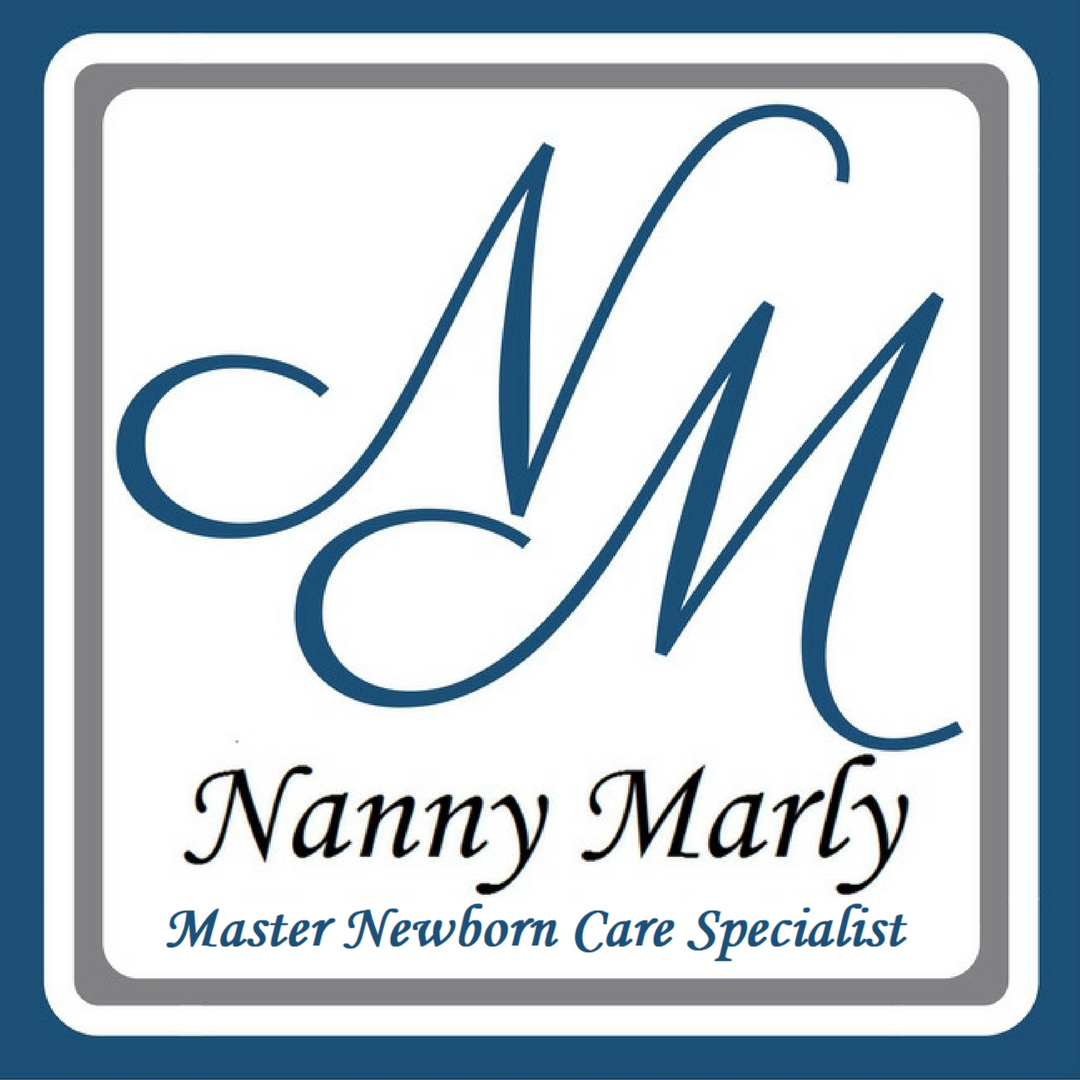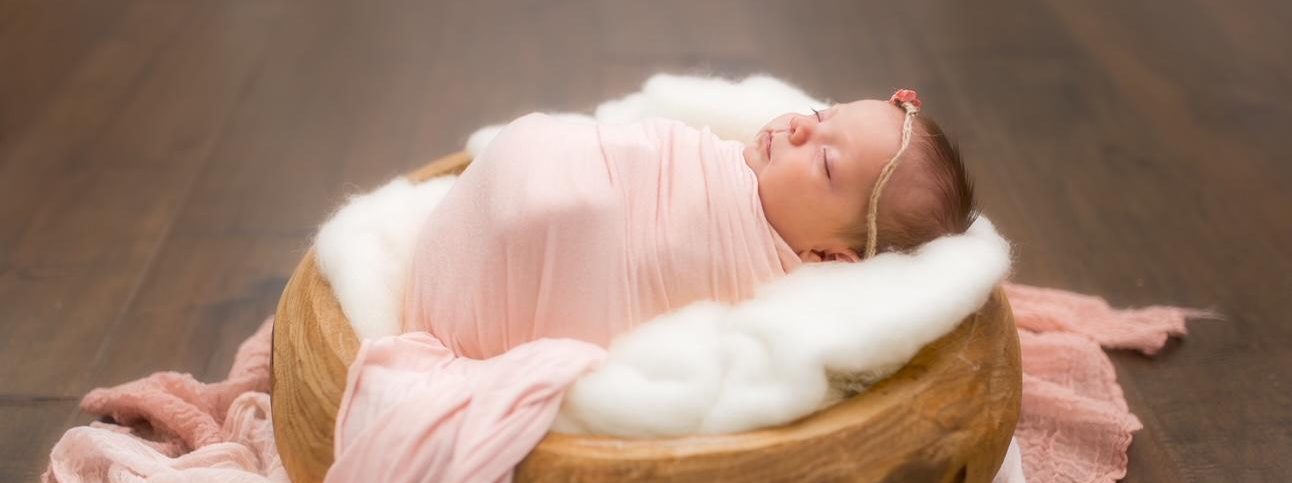We often use comparison when we shop for a deal or for the best product. It makes total sense to get the price and product that’s best for you. We all do it, but using comparison with babies and children isn’t a positive practice. It’s hard to avoid but it can be done.
Every baby, every child, develops in their own way and at their own speed. While many a great book is written based on what to expect at different ages and stages, they are also based on “norms” that have a wide range. Often parents, especially new parents, use these books as their manual rather than a guide which can bring on anxieties that aren’t based in reality. Along with this, they might compare their baby to a friend’s or family member’s baby and questions start. Is my baby ahead or behind? Why isn’t she sitting up yet? Why isn’t he rolling over already? It’s a vicious cycle. These same comparisons happen to children at every age and stage, and also with children within the family.
Knowing and understanding the wide range of “normal” in child development is helpful so you can be more at ease with your child’s maturation journey. If you see something that seems outside the normal bounds, pay attention but don’t panic. Seek professional guidance rather than compare with others.
Ending the comparison cycle takes thought and intention. It requires a focus on the child or baby before you – your child, your baby. Being present with them in the stage they are in is paramount. Engaging and encouraging them with activities that promote growth and develop skills is not only a way forward but also an enjoyable way to spend time together. It also means being able to see each one of your children as an individual who is on their own path.


